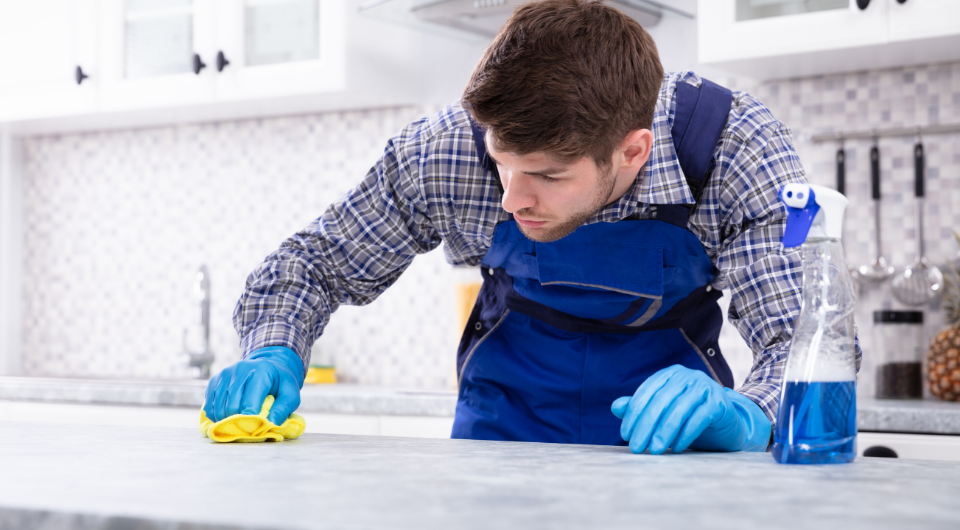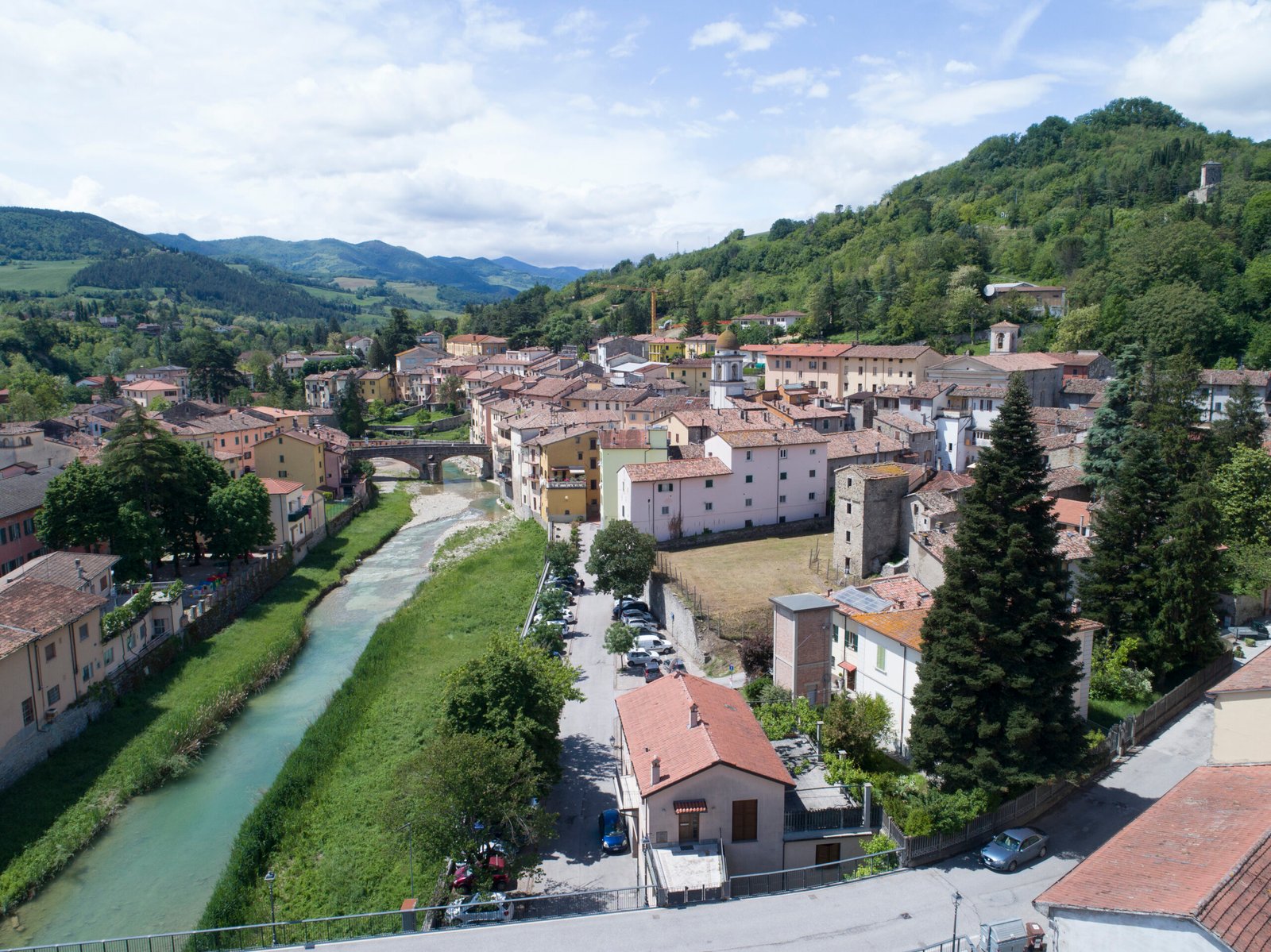
Renovating your home can be an exciting and transformative experience, but it often leaves behind a considerable mess. Dust, debris, and grime can linger long after the construction work is finished, creating an overwhelming situation that requires thorough cleaning. This article will guide you through essential steps for deep cleaning after a renovation, ensuring your home is spotless and welcoming again.
Understanding the Importance of Cleaning After Renovation
裝修後清潔 is crucial not only for aesthetic reasons but also for health and safety. The construction process can generate a significant amount of dust and debris, which can affect air quality and lead to respiratory issues if left unchecked. Additionally, materials such as paint, adhesives, and drywall dust can pose health risks if inhaled or ingested. Therefore, a comprehensive cleaning approach is vital to restore your home to a safe and comfortable living environment.
Moreover, deep cleaning after a renovation can help protect your investment in your home. Renovations can be costly, and ensuring your new space is well-maintained and clean can enhance its appearance and longevity. With the right strategies, you can effectively remove all traces of construction, making your home a fresh and inviting space.
Preparing for the Cleaning Process
Before diving into the cleaning process, it’s essential to prepare adequately. Gather all necessary cleaning supplies and equipment, ensuring you have everything at hand to tackle the job effectively. Here’s a checklist of essential items you’ll need:
HEPA Vacuum Cleaner: This is crucial for capturing fine dust and debris that traditional vacuums might miss. Look for one designed for post-renovation cleaning.
Microfiber Cloths and Mops: Microfiber materials are excellent for trapping dust and preventing it from being stirred back into the air.
All-Purpose Cleaners: Choose eco-friendly and non-toxic cleaners to effectively wipe down surfaces without introducing harmful chemicals into your home.
Protective Gear: Safety goggles, masks, and gloves are necessary to protect yourself from dust and chemicals during the cleaning process.
Brooms and Dustpans: These are useful for sweeping up larger debris before vacuuming.
Trash Bags: Have plenty of trash bags on hand to collect waste and debris efficiently.
Once you have your supplies ready, it’s time to assess the areas that need cleaning. Walk through your home and identify spaces affected by the renovation. Make a plan detailing which areas to tackle first, starting with high surfaces and working your way down.
Step-by-Step Deep Cleaning Process
Clear the Area
Begin the deep cleaning process by removing any furniture, decor, or items that may hinder your cleaning efforts. If possible, relocate furniture to a different room or cover it with plastic sheets to protect it from dust and debris. This step not only provides you with a clear workspace but also ensures that your belongings remain clean and undamaged during the process.
Once the area is clear, use a broom to sweep up larger debris, such as chunks of drywall, sawdust, or paint splatters. Collect this waste in trash bags for easy disposal. By starting with a clean slate, you set the stage for a more effective deep cleaning session.
Dust High Surfaces
With the area cleared, it’s time to tackle high surfaces first. This includes ceilings, light fixtures, and shelves. Use an extendable duster or a microfiber cloth attached to a mop handle to reach high areas without a ladder. Dust tends to settle on elevated surfaces, so addressing them first prevents it from falling onto surfaces you’ll clean later.
Pay close attention to corners and edges, where dust accumulates easily. Use a damp cloth to wipe down light fixtures and ceiling fans, ensuring they are free from dust and grime. This step is essential not only for cleanliness but also for safety, as accumulated dust can pose fire hazards in electrical fixtures.
Vacuum Thoroughly
After dusting, it’s time to vacuum all surfaces thoroughly. Use your HEPA vacuum to clean floors, carpets, and upholstered furniture. Vacuuming will remove the fine dust particles that may have settled during your dusting efforts. Make sure to use the appropriate attachments for different surfaces, such as a brush attachment for carpets and a flat nozzle for hard floors.
For carpets, consider using a vacuum with a rotating brush feature to lift embedded dust and debris effectively. Don’t forget to vacuum any area rugs or mats that may have collected dust during the renovation. Pay attention to corners and edges, as dust can easily accumulate there.
Wipe Down Surfaces
Once you’ve vacuumed, move on to wiping down surfaces. Use damp microfiber cloths and your chosen all-purpose cleaner to clean countertops, tables, baseboards, and any other surfaces that may have been affected by the renovation. This step not only removes remaining dust but also disinfects surfaces, creating a healthier environment.
For kitchens and bathrooms, focus on cabinets, sinks, and appliances, ensuring they are free from construction dust and grime. In addition to wiping surfaces, consider cleaning any glass or mirrors to remove streaks and fingerprints left behind during the renovation.
Deep Clean Floors
After wiping surfaces, it’s time to focus on deep cleaning your floors. For hard floors, mop them with a damp mop and an appropriate cleaner. This step will help remove any dust or debris that may have settled during the renovation. Make sure to pay attention to corners and edges where dust tends to accumulate.
For carpeted areas, consider using a carpet cleaner for a more thorough clean. Steam cleaning can be particularly effective in removing deep-seated dust and allergens, ensuring a fresher environment. If you prefer, hire a professional carpet cleaning service to handle this task for you.
Ventilation and Air Quality
After completing the physical cleaning, it’s crucial to address indoor air quality. Renovation dust can linger in the air, affecting your home’s overall atmosphere. To improve air quality, consider using air purifiers with HEPA filters, which can help capture any remaining dust particles.
Opening windows for ventilation can also help clear out dust and improve airflow in your home. If your HVAC system was running during the renovation, ensure you change or clean the filters to prevent dust from circulating throughout your home. Regularly maintaining your HVAC system will help keep your indoor air quality high and minimize dust accumulation.
Final Touches and Maintenance
After completing your deep cleaning, take a moment to do a final walk-through of your home. Check for any areas you may have missed and address them accordingly. Ensure that all surfaces are clean, and all items are returned to their proper places.
To maintain your freshly cleaned home, establish a regular cleaning schedule to prevent dust and debris from accumulating. Regular dusting and vacuuming will help keep your living space comfortable and welcoming. Additionally, consider investing in high-quality air filters and cleaning supplies to ensure ongoing cleanliness in your home.
Conclusion: Enjoying Your Freshly Cleaned Space
Deep cleaning after a renovation is an essential step to restoring your home to its former glory. By following these essential steps for cleaning after renovation, you can effectively tackle dust, debris, and grime, ensuring a healthy and inviting environment for you and your family.
With the right preparation, tools, and techniques, you can transform your space into a clean and enjoyable haven. Embrace the fresh start that comes with a deep cleaning, and enjoy the fruits of your renovation labor in a spotless, welcoming home.

